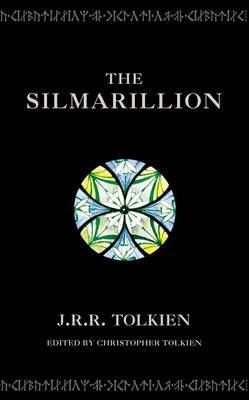 SUMMARY (from Goodreads): When William X dies, the duchy of Aquitaine is left to his fifteen year-old daughter, Eleanor. But such a position for an unmarried woman puts the whole kingdom at risk. So on his deathbed William made a will that would ensure his daughter's protection: he promised her hand in marriage to the future King of France.
SUMMARY (from Goodreads): When William X dies, the duchy of Aquitaine is left to his fifteen year-old daughter, Eleanor. But such a position for an unmarried woman puts the whole kingdom at risk. So on his deathbed William made a will that would ensure his daughter's protection: he promised her hand in marriage to the future King of France.
Eleanor grows into a romantic and beautiful queen, but she has inherited the will of a king, determined to rule Aquitaine using her husband's power as King of France. Her resolve knows no limit and, in the years to follow, she is to become one of history's most scandalous queens.
MY OPINION:
It has been well over a decade since I read anything by Victoria Holt/Jean Plaidy, so maybe my memory is failing me or I have become a more demanding reader, or this just isn’t one of her best works.
Or maybe Slovene translations (I used to read her works in Slovene, back then, and this is the first book of hers I read in English) are just better than the originals because I was somewhat unpleasantly surprised by the quality of writing in The Plantagenet Prelude. It is a well enough written book, but my expectations were higher. There is a lot of telling instead of showing and misplaced punctuation (commas). However, to be fair, the writing improves the further into the book one gets (or maybe I just got used to it.)
The story is historically accurate, as per Plaidy's reputation, but I had a few issues with it.
I love reading about strong female historical figures, and Eleonore of Aquitaine definitely is one. I admire her standing for the equality of men and women and I agree with her complaints about Henry’s and general view of women’s only job and worth being childbearing. Yet, I don't particularly like Eleonore: she is self-centered, whimsical, insensitive hedonist. She is, though, devoted to her children, and she is more that a match to Henry.
Another major issue for me was, albeit again historically accurate, the amount of cheating in the book. Everyone cheated on everyone, with the exception of Eleonore not cheating on Henry, because of what it would cost her – her status and her children, possibly even her life. I hate the double standards of it: for men, of course, had no such repercussions to fear and could cheat to their hearts content, because ‘that’s how men are’, despite promising fidelity before God.
Fortunately, or unfortunately, depends on how you look at it, this aspect of the book becomes less of an issue about one third in, when the plot focuses on Thomas Beckett and the relationship between him and King Henry. Until, naturally, the intrigues and envy of the court and clergy and Henry’s pride and the conflict between the State and the Church come between them and everything takes a turn for the worst.
Finally, The Plantagenet Prelude presents the beginning of the Plantagenet era in a simple, reader-friendly style, without sacrificing historical accuracy, as is Plaidy’s manner. Despite the unnerving things mentioned, I did like the book and I am looking forward to reading the rest of the saga.
RECOMMENDATION: If you like historical fiction and you are interested in the early Plantagenet era, The Plantagenet Prelude is worth trying.




